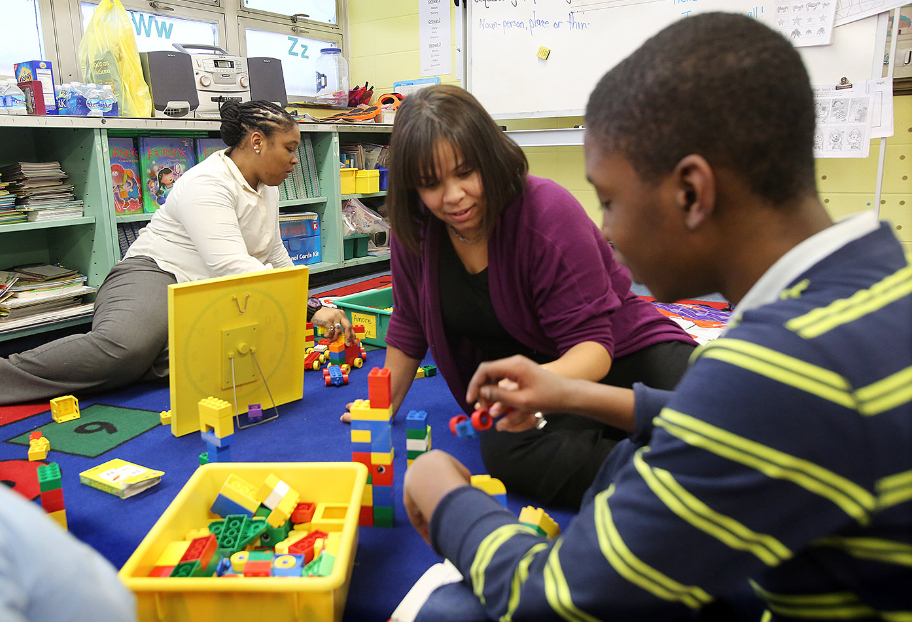After-school programs play a pivotal role in the development and well-being of children with special needs. These programs provide not only a safe and nurturing environment but also tailored opportunities for growth, skill-building, and social interaction that cater to each child’s unique needs.
Why After-School Programs Are Essential
Children with special needs often face challenges that can make traditional after-school activities difficult to navigate. Specialized programs bridge this gap by offering:
- Individualized Support: These programs are staffed with trained professionals who understand the specific challenges and strengths of special needs children.
- Skill Development: Activities are designed to enhance motor skills, communication abilities, emotional regulation, and cognitive growth.
- Social Interaction: Group activities foster friendships and teach important social skills in a supportive setting.
- Routine and Structure: Consistent schedules help children feel secure and reduce anxiety.
Key Features of Quality Programs
- Trained Staff: Educators and caregivers with expertise in special education.
- Adapted Activities: Customized to accommodate physical, cognitive, and emotional needs.
- Inclusive Environment: Opportunities for interaction with peers, both with and without special needs, to promote inclusivity and understanding.
- Parental Involvement: Regular updates and collaborative goal setting with families.
Benefits for Families
For parents, these programs provide peace of mind knowing their child is in a safe and enriching environment. They also offer valuable respite, allowing families to focus on other responsibilities or simply recharge.
Examples of Successful Programs
- Recreational Therapy Programs: Combining fun activities with therapeutic benefits, such as adaptive sports or music therapy.
- Academic Enrichment: Tutoring and homework help tailored to the child’s learning style.
- Life Skills Training: Teaching practical skills like cooking, personal hygiene, and money management.
Challenges and Opportunities
While the benefits are clear, finding and funding quality after-school programs can be a challenge for many families. Advocacy for increased accessibility and public funding is crucial to ensure that all children have the opportunity to thrive.
Conclusion
Special needs after school programs are more than just a place to spend time; they are transformative spaces that nurture growth, build confidence, and prepare children for a brighter future. Investing in these programs means investing in a society where every child has the chance to reach their full potential.
If you are a parent or caregiver, explore local programs, ask about the staff’s experience, and ensure the environment aligns with your child’s needs. For community members and organizations, consider supporting or advocating for these invaluable resources. Together, we can make a lasting difference in the lives of special needs children and their families.


